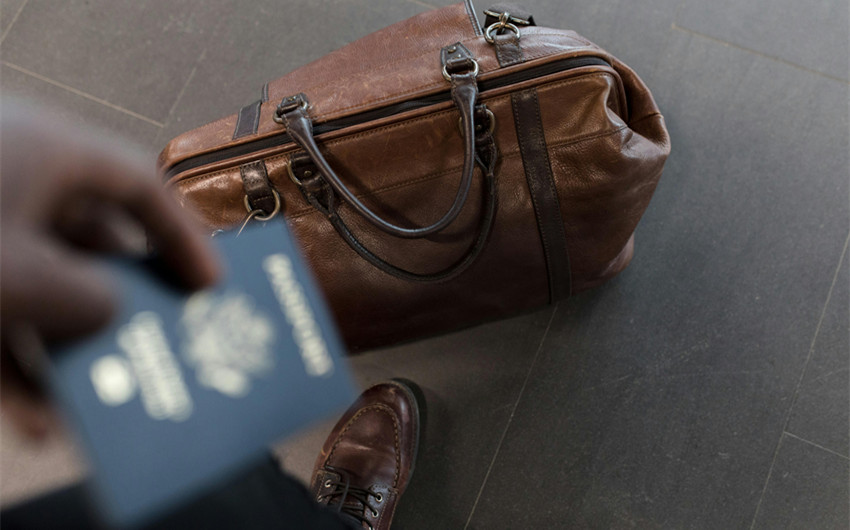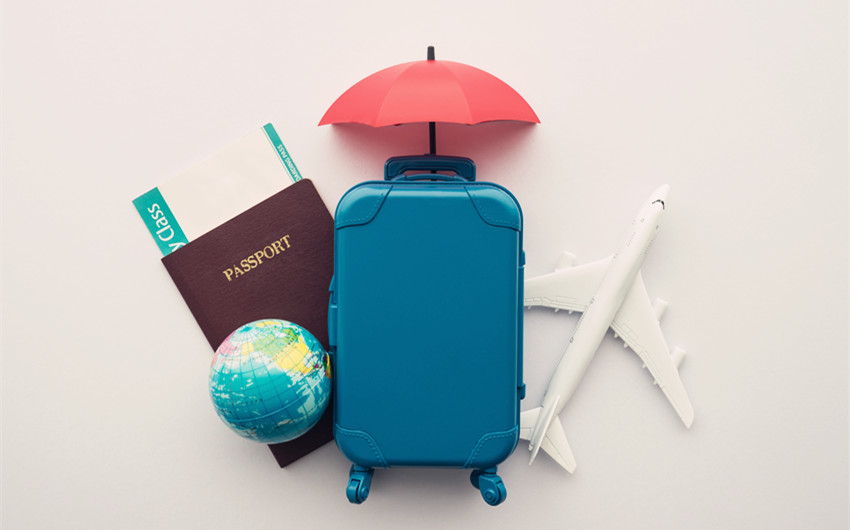What Is Not True About DoD Travel Policy: 5 Misconceptions
Whether you’re a service member, DoD civilian, or contractor, understanding the rules around official travel can be a bit overwhelming. With forms, authorizations, and reimbursement processes to navigate, it’s easy for myths and misconceptions to spread. If you’ve ever found yourself wondering what is not true about DoD travel policy?—you’re not alone.
Some assumptions sound believable but don’t actually align with official guidelines. In this article, we’ll break down common misunderstandings, clarify the facts, and help ensure your next trip goes smoothly—without risking a policy violation or delay in payment. Let’s set the record straight, one myth at a time.
Myth #1: Travelers Can Use Any Credit Card for Official Expenses

One of the most common misconceptions is that you can use your personal credit card for official government travel and simply get reimbursed later. In reality, this is not true according to DoD travel policy. The Department of Defense requires eligible travelers to use the Government Travel Charge Card (GTCC) for nearly all authorized travel-related expenses, including flights, hotels, rental cars, and meals.
The GTCC program helps the government manage travel expenses more efficiently, reduces out-of-pocket costs for employees, and provides transaction tracking to improve oversight. While there are rare exceptions—such as card malfunction or travel to areas where the GTCC is not accepted—using a personal card without proper authorization may be considered a policy violation.
Misuse of the GTCC or failure to use it when required can lead to disciplinary action, denial of reimbursement, or even suspension of travel privileges. To avoid these issues, travelers should always confirm GTCC usage requirements before a trip and resolve any card issues through their Agency Program Coordinator (APC).
Myth #2: Travel Vouchers Can Be Submitted Anytime After a Trip
Another widely held but incorrect belief is that travel vouchers can be submitted whenever it’s convenient after returning from a trip. However, DoD policy is clear: travel vouchers must typically be submitted within five working days of completing official travel.
This requirement exists to ensure timely reimbursement to the traveler and to maintain accountability in the DoD’s financial systems. Delayed submissions can not only disrupt payment timelines but also raise red flags during audits. In some cases, late filings may result in partial or delayed reimbursement—and if the delay is excessive, the traveler may be held responsible for outstanding balances.
Moreover, repeated failure to submit vouchers on time could be documented as non-compliance with DoD financial policies, potentially impacting an individual’s performance record or future travel authorizations. Staying on top of voucher deadlines is a simple but critical part of complying with DoD travel rules—and protecting your own financial well-being.
Myth #3: Personal Travel Can Be Combined Freely With Official Travel

It’s a tempting thought—extend your official trip with a few personal vacation days or book everything together to save time and money. But assuming you can freely mix personal and official travel is not true under DoD travel policy. While combining leisure and official travel is sometimes allowed, it comes with strict rules and required documentation.
First, any personal travel portion must be approved in advance, and a cost comparison must be completed to ensure the government doesn’t pay more than it would for the official portion alone. This typically involves showing what the total trip would cost without the personal leg versus with it. You must also ensure separate bookings for personal travel arrangements (e.g., flights or hotels) if they aren’t authorized.
Additionally, travel days and leave dates must be clearly indicated in your travel authorization, and the traveler assumes full responsibility—financial and logistical—for the personal portion. Failing to follow these procedures could lead to denied reimbursement or accusations of misuse of government funds. It’s possible to enjoy a little R&R before or after official travel—but only if you follow the right steps.
Myth #4: You Can Choose Any Airline or Hotel You Prefer
While it might seem reasonable to book a preferred airline or stay at your favorite hotel chain, doing so without proper authorization is not aligned with DoD travel policy. The truth is, travelers are required to use government-contracted services and lowest logical fares whenever possible. This includes airline tickets from the GSA City Pair Program and lodging booked through approved channels like the Defense Travel System (DTS).
Why? These programs secure lower rates for official travel, often with flexible change and cancellation policies, saving the government money and providing protections for travelers. Deviating from these options without a valid exception can result in limited or denied reimbursement, especially if the cost exceeds the allowed rate.
There are exceptions—for instance, if a preferred airline offers a cheaper flight, or no City Pair option is available—but these must be properly documented and justified in your travel authorization. Otherwise, what feels like a simple preference could turn into a compliance issue or personal expense.
Myth #5: Travelers Always Get Paid Per Diem, No Matter What

Many people assume that per diem—daily allowances for lodging, meals, and incidental expenses—is guaranteed for every official trip, no questions asked. But this is not entirely true under DoD travel policy. While per diem is a standard entitlement for official travel, there are specific rules that affect how much you’re paid—and whether you’re eligible for the full rate.
For starters, per diem rates vary based on location and actual lodging costs. If you’re staying in government-provided quarters or attending a conference with meals included, your meal and incidental expenses (M&IE) portion may be partially or fully reduced. In group travel scenarios, such as military exercises or training events, you might receive a flat-rate or reduced per diem rather than the full amount.
Additionally, any errors in documentation—such as failing to provide lodging receipts or misreporting travel dates—can lead to reimbursement delays or reductions. Per diem is not a blanket guarantee; it’s carefully calculated based on regulations that aim to balance traveler support with responsible government spending. Understanding these nuances can prevent surprises on your reimbursement check.







